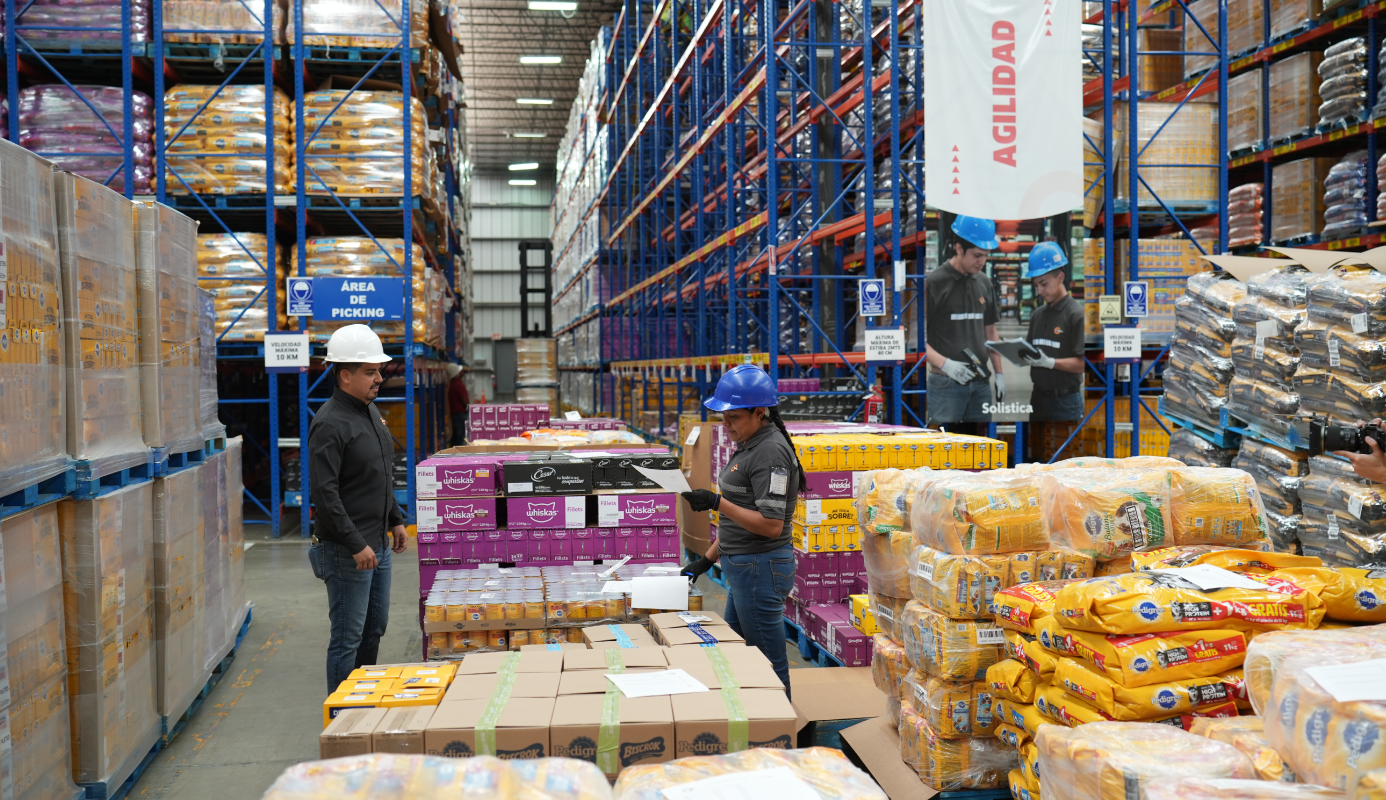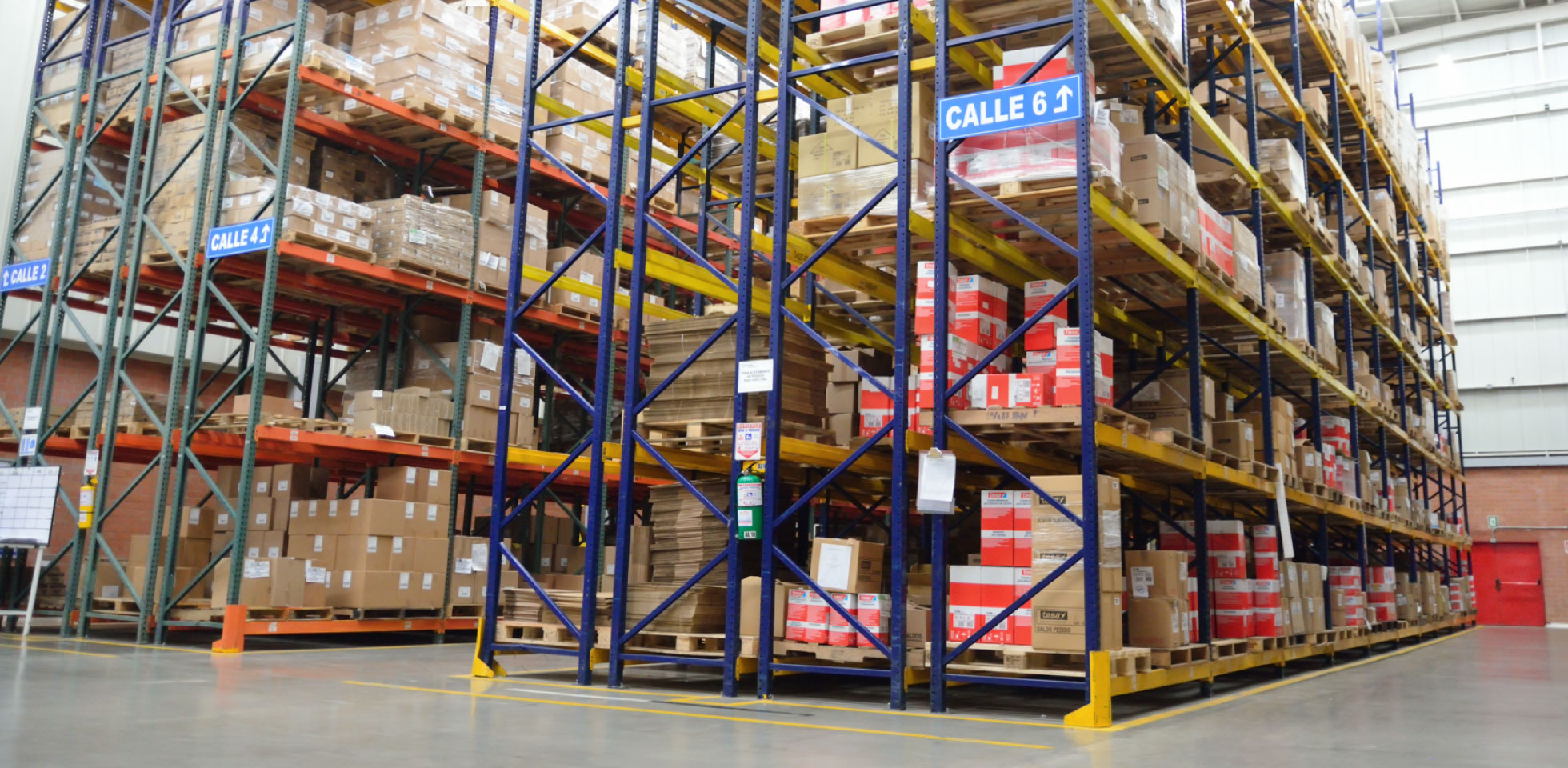Outsourcing logistics services has become a common practice for many companies today. In an increasingly globalized and competitive world, delegating distribution activities to specialized providers offers numerous advantages. In this article, we will explore the reasons why outsourcing a logistics company can be beneficial and how to evaluate its effectiveness.
The trend towards logistics
outsourcing In a report from the General Directorate of Road Transport of the Ministry of Development of Spain, it is highlighted that 71% of companies outsource delivery services, followed by short-distance transport with 16%. This behavior is also observed in emerging economies, where foreign and national companies resort to logistics outsourcing to optimize their processes.
Factors such as exchange rate volatility, technological advancement and improvements in transport means have driven this trend. Companies seek to focus their efforts on their main mission, improve customer service quality, reduce costs and increase their competitiveness. Outsourcing inefficient logistics processes allows these objectives to be achieved. Advantages of outsourcing a logistics company Outsourcing logistics services offers a series of advantages that can make a difference in the success of a company. Some of these advantages include:
1. Avoiding decapitalization and expansion into new markets
Establishing new storage and distribution facilities in unknown markets can represent decapitalization for companies. Logistics outsourcing allows for expansion without incurring high fixed costs and taking advantage of the experience of specialized providers.
2. Risk reduction and experience in customs procedures
Experienced logistics providers can efficiently manage bureaucratic and tariff procedures associated with international transport. This minimizes risks for companies and ensures a constant flow of goods.
3. Minimization of costs and economies of scale
By outsourcing logistics services, companies can convert fixed costs into variable costs, allowing them to adapt to fluctuations in demand. In addition, they take advantage of the economies of scale of providers, who have a wide network of clients and can offer competitive rates.
4. Improvement in customer service quality
The optimization of delivery times and efficiency in storage and distribution processes contribute to improving customer service quality. Logistics providers use advanced technology to track and manage shipments, ensuring timely and reliable delivery.
5. Concentration on strategic goals and core activity
Outsourcing logistics services frees companies from operational tasks and allows them to focus on their strategic goals and core activity. In this way, they can dedicate more resources and efforts to innovation, product development, and customer satisfaction, increasing their competitiveness in the market.
6. Access to cutting-edge technology
Logistics providers are aware of the latest technologies applied to logistics. By subcontracting their services, companies can take advantage of these innovations, such as real-time shipment tracking and monitoring systems, route optimization and inventory management. This ensures continuous and efficient operation throughout the supply chain.
7. Contribution to the environment
The experience and practices of logistics providers in terms of sustainability and environmental management can help companies minimize the environmental impact of their logistics operations.
The adoption of eco-friendly measures, such as route optimization to reduce carbon emissions and efficient use of resources, demonstrates the company’s commitment to environmental responsibility.
How to evaluate the effectiveness of a subcontracted logistics company
Selecting the best logistics provider is essential to ensure the success of subcontracting. To evaluate the effectiveness of a subcontracted logistics company, the following steps should be followed:
1. Analyze the needs and objectives of the company
Before looking for a logistics provider, it is important to conduct a comprehensive analysis of the company’s real needs and the results it wants to achieve. This will serve as a guide for searching for and selecting the appropriate provider.
2. Define technical and operational requirements
Once the needs have been established, it is necessary to detail the technical and operational requirements expected from the provider. These requirements may include storage capacity, experience in customs procedures, availability of transport, technology used, among other relevant aspects.
3. Evaluate offers and proposals
Requesting quotes from different logistics companies is essential to evaluate the available options. It is necessary to analyze in detail the offers and proposals of each provider, considering both the benefits offered and the associated costs.
4. Draft a detailed contract
Once the logistics provider has been selected, a contract must be drawn up that clearly specifies the services to be provided, the agreed rates, the mechanisms for resolving unforeseen events and the key performance indicators that will be used to measure and evaluate the results obtained.
5. Establish a monitoring and tracking system
It is important to jointly define with the provider the information and technology system that will allow the company to monitor and track logistics operations. This will ensure fluid communication and complete visibility of activities along the supply chain.
6. Evaluate the effectiveness of the logistics service
Once the provider has begun providing services, it is necessary to periodically evaluate its effectiveness. This involves reviewing whether the proposed solutions meet distribution needs and whether established key performance indicators are being met. Different levels of evaluation can be considered.
Offered Service Level (OSL): Refers to the technological, economic and organizational capabilities of the logistics provider. It is important to ensure that the provider is meeting the agreed upon terms in terms of resources and skills.
Provided Service Level (PSL): This is what the logistics provider is actually offering to the company in terms of attitude and behavior. It is essential to evaluate whether the provider is meeting established quality and service standards.
Perceived Service Level: Represents the company’s expectations and desires with respect to the logistics provider. Evaluating this level involves analyzing whether the provider is meeting the goals and desired results of the company.
It is essential that there is agreement between these service levels to consider the logistics provider as effective. In case of significant discrepancies, it is necessary to review the contract again, established resources and objectives to take corrective actions in the logistics management system.
Solistica: Your reliable logistics partner If you are looking for a reliable logistics partner to optimize your supply chain, improve customer service and boost your company’s competitiveness, Solistica is the ideal choice. With over 30 years of experience in transportation services, distribution, storage, multimodal solutions, international logistics and vehicle maintenance, Solistica has demonstrated its ability to add value to the supply chain in different industries.
At Solistica, we understand the importance of efficiency and quality in logistics operations. We use cutting-edge technology to offer integrated and customized solutions according to our clients’ needs.
Our focus is on innovation, sustainability, and customer satisfaction. Our team of logistics specialists is ready to provide the necessary consultancy and help you make informed decisions. We are committed to being your strategic partner and working together to achieve your business goals.
Don’t waste any more time and optimize your supply chain with Solistica! Contact us today and find out how we can help you take your company to the next level.






